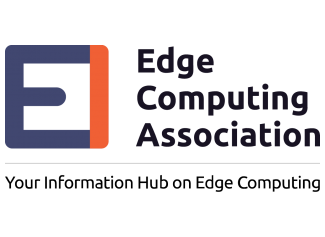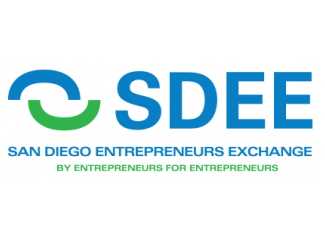
Eduardo Gonzalez Sola
Current since 2017- Director of Global Origination in Acciona, renewable leader with 10.000MW installed in over 16 markets. Acciona has been ranked by Energy Intelligence, the greenest utility in the world for 4 consecutive years
Past- Worked 9 years in EDF Renewables, in Business Development and Commercial Origination

Cathryn Scott
Cathryn joined in 2013 as the Legal Director for E-Serve environmental schemes and our offshore transmission tenders regime. Between 2016 and 2018, she was Partner for Wholesale Markets and Legal in the Energy Systems division, leading on the provision of legal advice and on Ofgem’s oversight of the wholesale energy market, gas systems issues and settlement reform. In April 2018, she was appointed Director of Wholesale Markets and Commercial.
Before joining Ofgem, Cathryn worked in both the public and private sectors. She was the Deputy General Counsel at the Department for Transport, having headed up teams advising on aviation and rail regulation. She has extensive competition, regulatory and procurement law experience, having also worked for the Competition Commission and Linklaters EU and Competition Group. Previously, she worked in the litigation division of the Treasury Solicitor’s Department and as Assistant to the European Speakers Counsel at the House of Commons. She holds a PhD from the European University Institute in Florence.

Robert Andrén

Geoff Mackey
Geoff was brought up on a small family farm in South Armagh, N. Ireland, he read biology in Liverpool and followed it with a range of post graduate qualifications in Health & Safety and management including a sleepless MBA. His doctorate concerned the strategic business value of social networks.
He is a Director of BASF plc, responsible for a service portfolio in UK & Ireland and BASF’s Sustainability network in Europe.
He has been within the BASF group for almost 20 years and advises a wide range of strategic and tactical groups inside and outside BASF covering private, public and third sector organizations in sectors including science, environment and further education.




